There is no perfect rider, even those who have become bearers of the title “Master”. Perfection is not achievable in horsemanship as the dynamics are constantly changing, it would be like saying you can have a perfect relationship. That being said, the Masters have a great deal to teach us and Nuno Oliveira being one of the more recent Masters is no exception.
Nuno Oliveira on Riding
The secret in riding is to do only a few things but to do them right.
The more you do, the less success you will have.
The less you do, the more will go right.
I don’t want to have riders who tire themselves out. Work by thinking instead.
It is good to ride with closed eyes once in a while.
http://www.youtube.com/watch?v=eMLUWeJZwwo
Nuno Oliveira on the Hands
The hands have to be like cement when the horse resist and like butter when the horse yields.
When riding a well trained horse, the fingers should only very rarely close.
The small and ring fingers can yield but never the thumb.
In the art of riding, any excuse to yield is justified.
There is a world of difference between holding and pulling.
Each use of the hand has to be preceded by an action of the upper body, otherwise the rider is merely influencing the horse’s head.
Don’t play with the reins when they are tight but yield first and then play with the reins.
The hand should be like a filter, not like a lid or an open tap.
It is a lot better to risk losing a bit of contact than not to yield.
Nuno Oliveira on the Legs
Leg action does not necessarily mean that the calf becomes active as the leg of the rider starts at the hip. It is often enough to use the hip.
Banging the horse’s sides with the ankles, especially in the sitting trot will certainly disturb the horse’s gait.
The legs have to softly drape so that they can gently activate, not through closing but through touching.
If your legs are stiff, you risk that your horse becomes hard in the mouth.
Spurs are a lot less useful than one might think.
A spur that is constantly touching the horse’s sides does not drive the horse forward but on the contrary, it will make the horse sluggish.
When you touch the horse with stiff legs, the horse will become stiff.
Just like the hands, the legs have to give and take.
The errors of the legs are reflected in the horse’s mouth.
https://www.youtube.com/watch?v=1lYt5XPMTVc
Nuno Oliveira on the Seat
Do not forget that hips and legs drive the horse forward while the hands simply channel this force through gentle rein aids.
The rider contains the horse with the hip and upper body; arms and legs are aids.
Move your hips towards your hands rather than moving your hands towards your hips.
Use your hands and legs sparingly and keep the balance through your seat.
The rider has to feel the back and follow the mouth but focus more on the back than on the mouth.
https://www.youtube.com/watch?v=kH5Gxe__40Y
Miscellaneous Nuno Oliveira Quotes
For a horse to be in balance, it has to be relaxed which is why it must not be compressed.
To cease the aids does not mean to leave the horse on its own but to keep the contact while doing as little as possible.
The rider has to rest on a horse but not withdraw.
Each time you are about to lose impulsion, your legs have to intervene.
Learn to cease the aids.
When the horse is resisting the left rein, try to substitute the left rein aid with the left leg.
One should not learn how to ride by learning the rein aids but by learning how to feel.
Careful, danger! When talking to riders about impulsion, they tend to push; when you mention lightness to them, they tend to throw the reins away.
The rider who leaves a horse on his own in the name of lightness is not working but is just strolling with his horse. The one who pushes and pulls is a wild person.
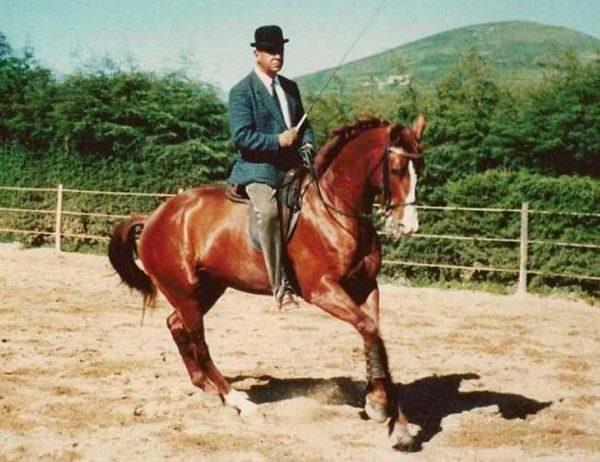
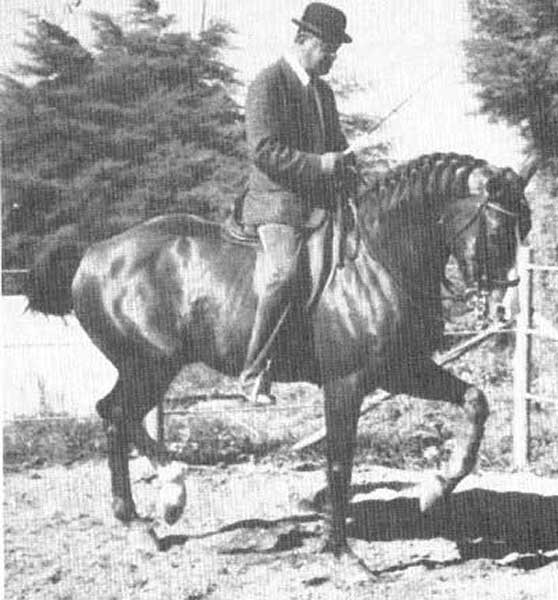
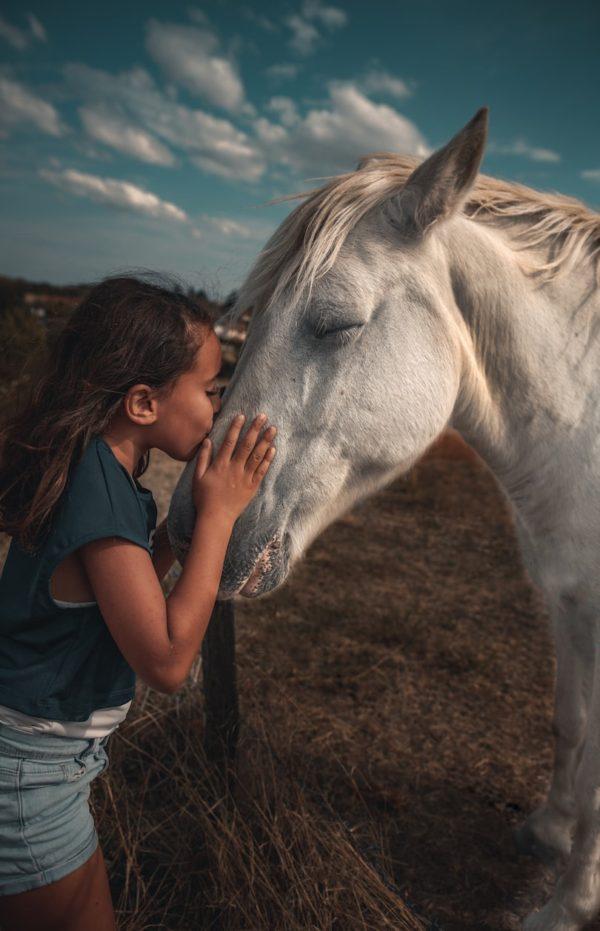
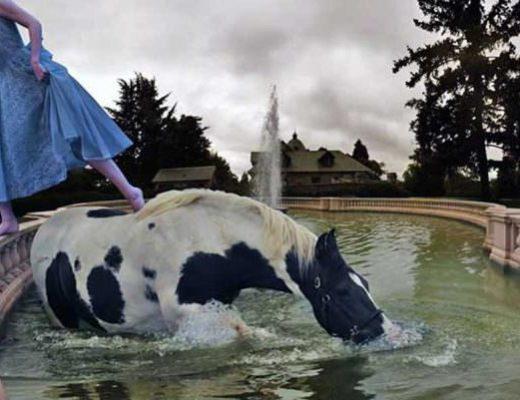
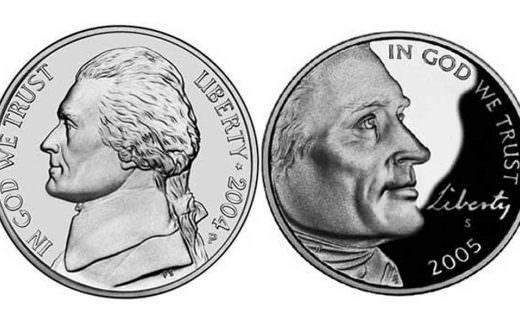
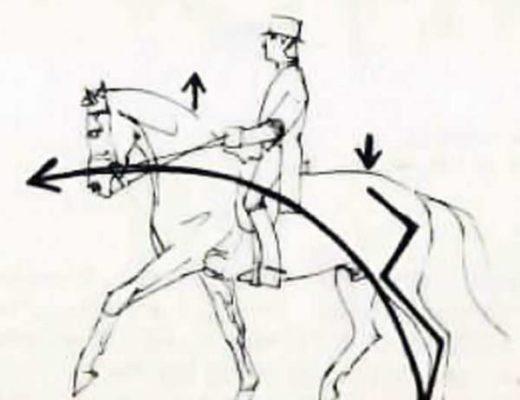
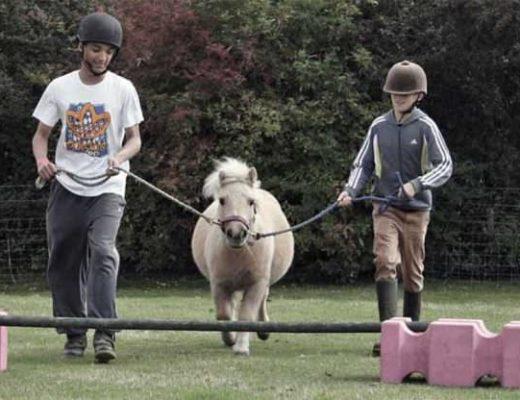
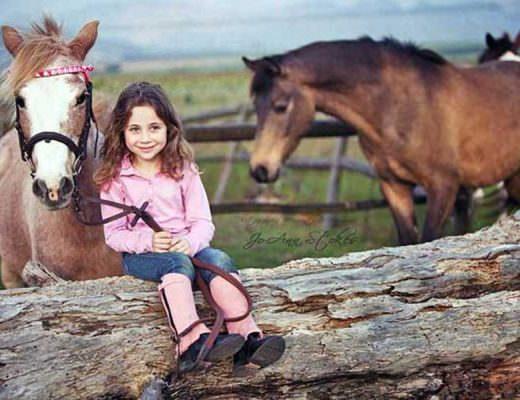
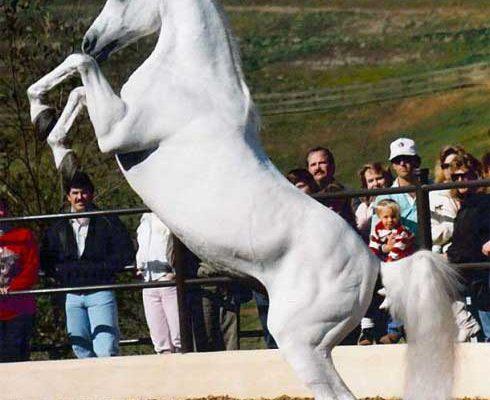
What a beautiful collection of wise guides! Thank you Erica!
What a beautiful collection of wise guides! Thank you Erica!